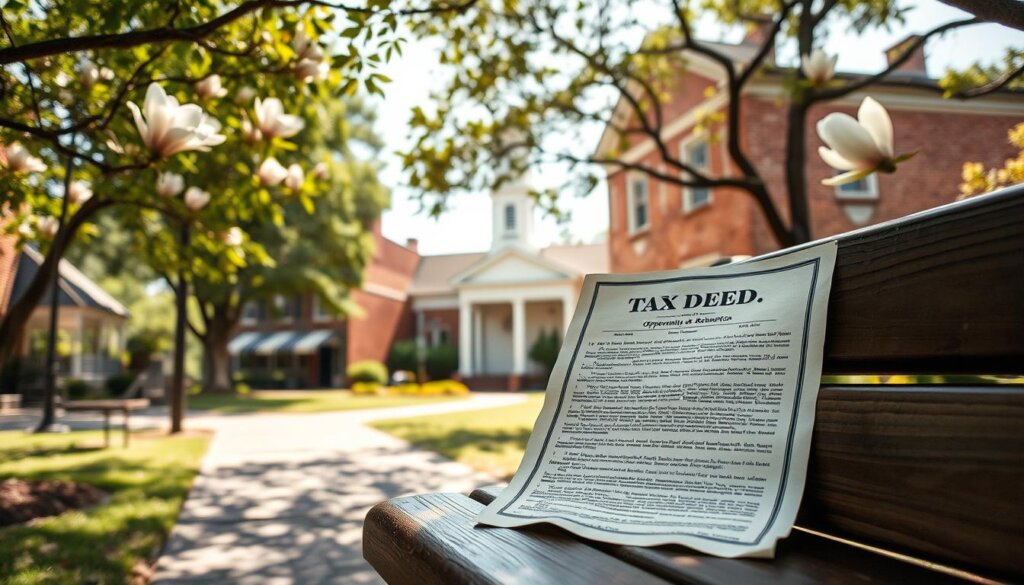Are you a property owner in Georgia and want to learn more about property tax regulations in the state? Look no further! In this article, we will delve into the intricacies of Georgia property tax regulations, helping you navigate the ins and outs of this important aspect of property ownership.
What is Georgia Property Tax?
First and foremost, let’s start with the basics. Georgia property tax is a tax imposed on the value of property within the state. This tax is used to fund various public services, such as schools, infrastructure, and public safety. Property tax rates in Georgia can vary depending on the county and city where the property is located.
How is Property Tax Calculated in Georgia?
Property tax in Georgia is calculated based on the assessed value of the property. This assessed value is determined by the county tax assessor’s office and is typically a percentage of the property’s fair market value. The property tax rate is then applied to this assessed value to determine the property tax amount owed.
Understanding Georgia Property Tax Exemptions
In Georgia, certain properties may be eligible for tax exemptions. These exemptions can include homestead exemptions for primary residents, exemptions for veterans, seniors, and disabled individuals, as well as exemptions for certain types of properties, such as agricultural land. It is important to understand the eligibility criteria for these exemptions and apply for them if you qualify.
Important Dates to Remember
When it comes to Georgia property tax regulations, it is crucial to be aware of important dates and deadlines. For example, property tax assessments are typically conducted annually, and property owners are notified of their assessed value during a specific period. It is important to review this assessment and file an appeal if necessary. Additionally, property tax payments are usually due by a certain date each year, so be sure to mark your calendar and make timely payments to avoid penalties.
Tips for Managing Property Tax Payments
Managing property tax payments can sometimes be a hassle, but with the right approach, it can be a smooth process. Here are some tips to help you manage your property tax payments effectively:
- Set aside funds throughout the year to ensure you have enough money to cover your property tax bill.
- Keep track of important deadlines and make timely payments to avoid late fees.
- Consider setting up an escrow account with your mortgage lender to automatically pay your property taxes.
- Review your property tax assessment each year and file an appeal if you believe your property is overvalued.
Final Thoughts
Understanding Georgia property tax regulations is essential for property owners in the state. By knowing how property tax is calculated, understanding exemptions, staying aware of important dates, and managing your payments effectively, you can navigate the world of property tax with confidence. Remember, if you have any questions or need assistance, don’t hesitate to reach out to your county tax assessor’s office for guidance.
In conclusion, being well-informed about Georgia property tax regulations can help you save money and avoid any potential issues down the line. So, take the time to educate yourself and stay on top of your property tax responsibilities for a smooth and stress-free experience.

